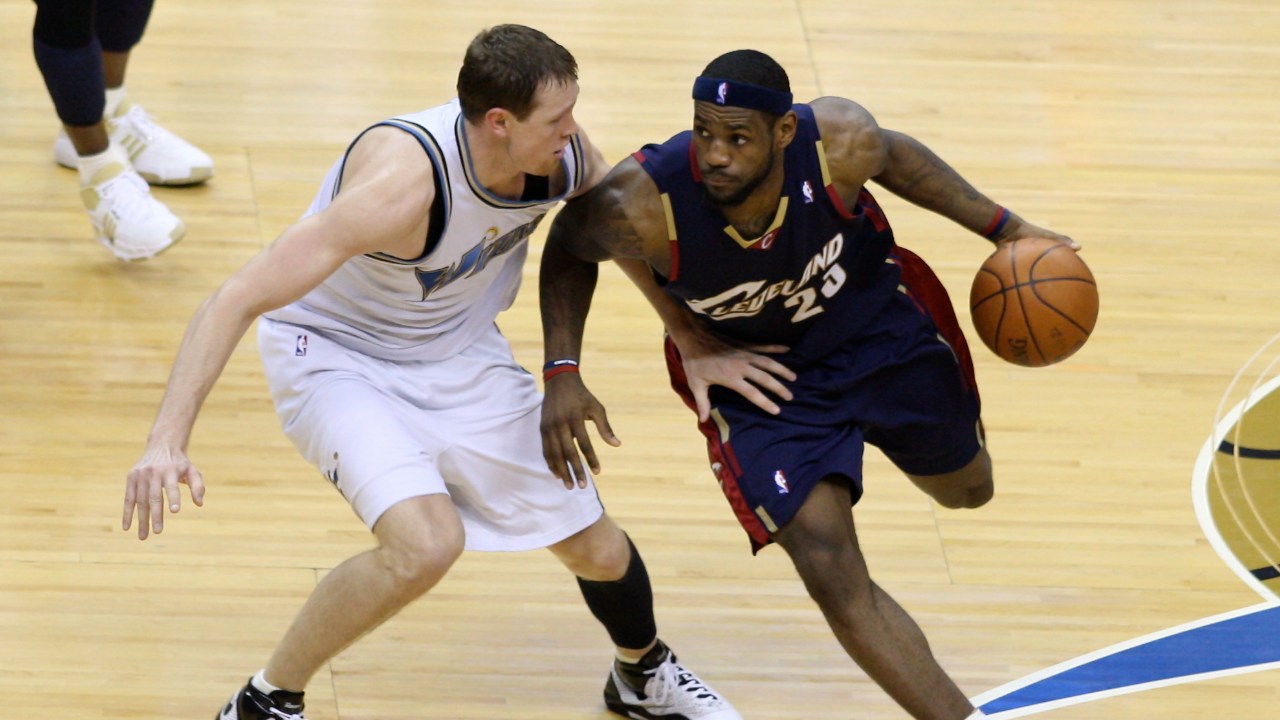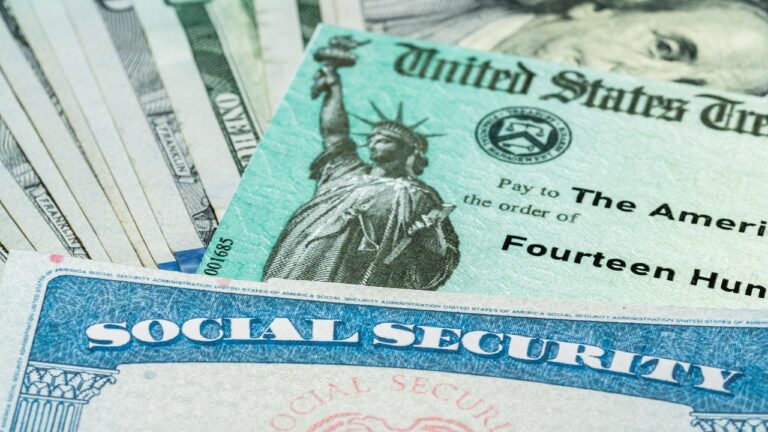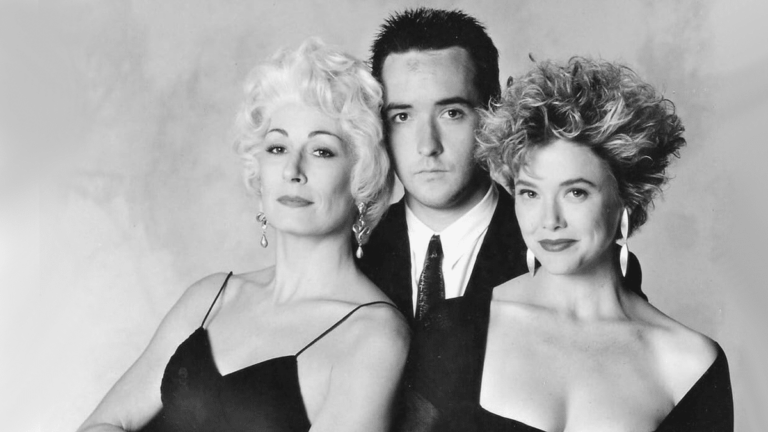The 15 Best NBA Rookie Seasons

Spurs center Victor Wembanyama was named the 2023-2024 NBA Rookie of the Year — receiving every vote from a panel of 99 sportswriters and broadcasters. Wemby’s numbers were crazy — the Frenchman finished his rookie campaign as the first player in league history to top 1,500 points (1,522), block 250 shots (254), and hit 100 3-pointers (128) in a single season. (He also compiled 755 rebounds, 274 assists, and 88 steals.)
Those numbers got us thinking about the all-time best rookie seasons. Remember, we’re talking about rookie seasons, not whole careers. With the NBA season upon us, we look back at the best rookie seasons of all time.
Chris Paul (2005-06):

Playing point guard — arguably the toughest position on the court — CP3 dazzled with 16.1 points, 7.8 assists, and 2.2 steals per game, making an immediate impact on the New Orleans Hornets. He was named Rookie of the Year, receiving every first-place vote but one, and helped the team to 20 more wins than the previous season.
Joel Embiid (2016-17):

The start to Embiid’s likely Hall of Fame career was delayed significantly by a right foot injury that required multiple surgeries. He missed his first two seasons as a result. Another injury — a torn meniscus in his knee halted his rookie season at just 31 games, but what an impact he had in that short span. Embiid’s 20.2 points and 7.8 rebounds per game were outstanding.
Wes Unseld (1968-69):

You know you’ve done something special when the only other person to do it was Wilt Chamberlain. Wes Unseld entered the NBA as the number 2 overall pick and promptly blitzed the league to win MVP as a rookie, joining Wilt as the only two players to ever do it. He carried the Baltimore Bullets to a 21-win improvement while averaging 13.8 points and 18.2 rebounds.
Tim Duncan (1997-98):

“The Big Fundamental’s” rookie season showed the league what stability would look like — with TD contributing 21.1 points, 11.9 rebounds, and 2.5 blocks per game. The Rookie of the Year was also named first team All-NBA, an All Star and finished fifth in balloting for MVP.
Allen Iverson (1996-97):

Listed at an even 6-feet, AI became the shortest first overall pick ever. But that’s about the only category in which he came up short — dropping 23.5 points, 7.5 assists, and 2.1 steals per game. On a team with Jerry Stackhouse and Derrick Coleman, Iverson led the Sixers in scoring on his way to beating out Stephon Marbury for Rookie of the Year.
Hakeem Olajuwon (1984-85):

What a “Dream” player Olajuwon was. With moves for days, Olajuwon averaged 20.6 points and 11.9 rebounds and was named an All Star, an honor he’d claim 12 times in his career. Surprisingly — well, not really — he wasn’t Rookie of the Year; some guy named Jordan won the award. His rookie season set the stage for a career few centers can match.
Shaquille O’Neal (1992-93):

The league hadn’t seen dominance like Shaq since Wilt Chamberlain — and “The Big Aristotle” destroyed opponents (and a few rims) in an impressive rookie campaign. He averaged 23.4 points and 13.9 rebounds per game on his way to being named an All Star — for the first of 15 times — Rookie of the Year and finishing seventh in MVP balloting. He led Orlando to its first non-losing season (41-41) as the team improved by 20 wins from the previous year.
David Robinson (1989-90):

Robinson’s NBA start was delayed by two years as he served in the Navy. As a 24-year-old rookie with the Spurs in 1989-90, “The Admiral” was already a grown man — and he put up grown-man numbers at a clip of 24.3 points and 12.0 rebounds, showcasing his dominant presence. He was named an All Star, was the unanimous Rookie of the Year, and finished sixth in the MVP race.
Larry Bird (1979-80):

Want to talk about instant impact? Bird made his case for the Rookie of the Year award after contributing to one of the largest single-season turnarounds in NBA history (a 32-win improvement). Oh, and his numbers? 21.3 points, 10.4 rebounds, and 4.5 assists per game. He beat out Magic Johnson for top rookie, was named an All Star, first-team All-NBA and finished fourth in MVP balloting.
Oscar Robertson (1960-61):

People forget how great “the Big O” really was — even early. His rookie year numbers were ridunkulous. Who does 30.5 points, 10.1 rebounds, and 9.7 assists per game? (Nobody.) He was named an All Star (for the first of 12 straight times) and was first-team All-NBA (for the first of nine straight seasons) while claiming Rookie of the Year and finishing fifth in the MVP race.
Magic Johnson (1979-80):

A 6-foot-9 point guard? That was kinda crazy – in an era when PGs were 6-1, 6-2 and mostly ran the offense. Magic’s versatility was definitely crazy and was reflected in his numbers (18.0 points, 7.7 rebounds, and 7.3 assists). Bird may have won Rookie of the Year, but Magic led his team to an NBA title, collecting 42 points, 15 rebounds and seven assists playing center (while Kareem was out) in the clinching Game 6 win over Philadelphia.
Kareem Abdul-Jabbar (1969-70):

Just as he had in high school in New York City and in college at UCLA, Kareem Abdul-Jabbar made a major impact from the start. Known then as Lew Alcindor, “The Captain” helped the Milwaukee Bucks improve by 29 wins from their debut season the year before. He averaged 28.8 points and 14.5 rebounds, winning Rookie of the Year, being named an All Star and finishing third in MVP voting.
LeBron James (2003-04):

The most-hyped athlete of all time had a lot to say to his naysayers — and backed up the noise with averages of 20.9 points, 5.5 rebounds, and 5.9 assists. The 19-year-old helped the Cavaliers improve by 18 wins as Rookie of the Year. However, it’s the only season James was not named an All Star — he’s been selected to 20 consecutive teams and counting — despite finishing ninth in MVP balloting.
Michael Jordan (1984-85):

Let’s admit it — we all saw what was to come. Jordan’s rookie year was a glimpse of greatness—with averages 28.2 points, 6.5 rebounds, and 5.9 assists per game. He beat out Olajuwon for Rookie of the Year, was an All Star and second-team All-NBA, while finishing sixth in the MVP race. The Bulls had missed the playoffs the previous three seasons; Jordan quickly changed that as Chicago reached the playoffs for the first of 14 straight seasons (which would include six titles).
Wilt Chamberlain (1959-60):

But let’s end all the chatter, and crown this man. Wilt, standing at 7-feet-1 and 258 pounds, became the NBA’s highest-paid player when he signed for $30,000 in his rookie contract. His numbers (37.6 points and 27 rebounds per game) emphatically say he was worth every penny. He led the NBA in scoring, rebounding and minutes played and carried the Philadelphia Warriors to a 17-win improvement and an appearance in the Eastern Division Finals.





